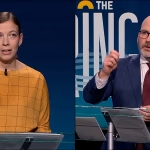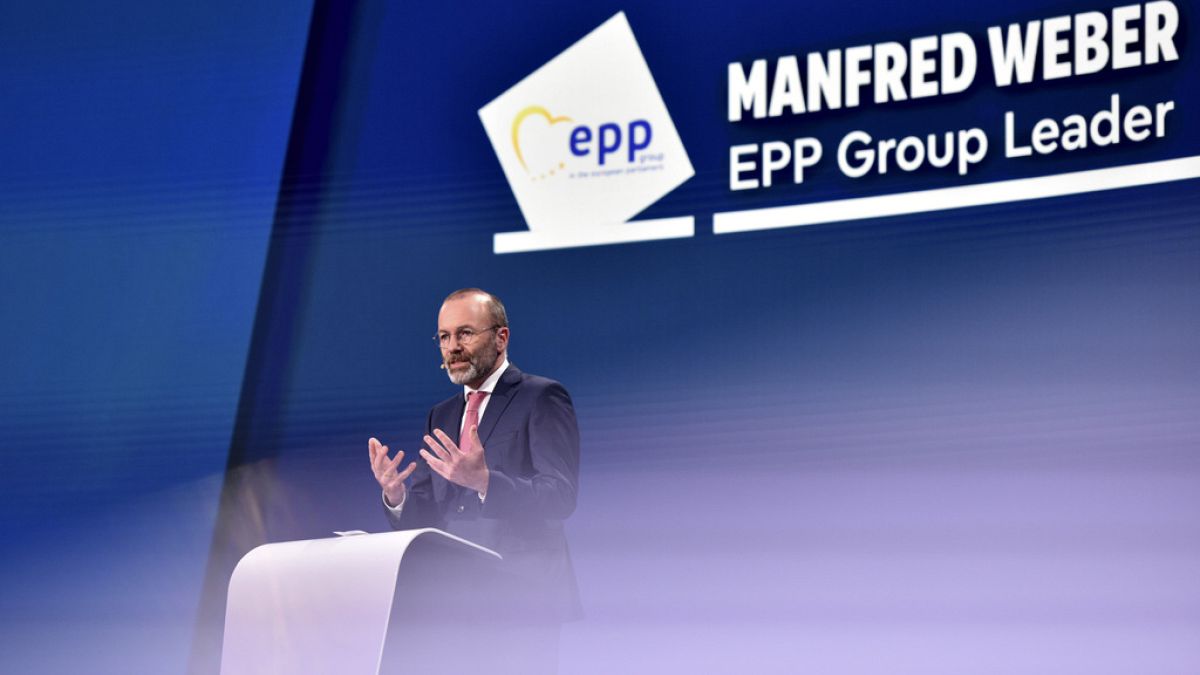The leader of the powerful centre-right European People’s Party, Manfred Weber, has called to integrate Rome into EU decision-making after complaints from Italy’s Prime Minister Georgia Meloni. Italy’s inclusion in EU decision-making is seen as crucial due to its status as the third largest country in Europe, a member of the G7, and one of the largest European economies. Weber emphasized the importance of finding a way to include the Italian position in the European decision-making process to ensure fair representation.
At a recent summit involving EU leaders in Brussels, there was a reconfirmation of the preferred slate of candidates to lead EU institutions, including Ursula von der Leyen as president of the European Commission, António Costa as president of the European Council, and Kaja Kallas as High Representative for Foreign Affairs and Security Policy. However, the decision-making process that led to these nominations excluded Italy, which raised concerns for Prime Minister Georgia Meloni, who criticized the undemocratic nature of the process featuring bilateral talks between parties without open discussions.
The exclusion of Italy from the decision-making process within the European Council has prompted Meloni to consider a dramatic response such as abstaining from the final decision set to be taken by the European Council. While the decision can be taken by qualified majority according to EU treaties, leaders conventionally seek consensus when deciding on senior posts, which makes Italy’s stance significant. Meloni’s concerns highlight a growing dissatisfaction with the lack of accountability to the electorate in the selection of EU leaders.
Manfred Weber, in his interview, also called on leading European socialists to endorse Ursula von der Leyen as Commission President. He urged figures such as Donald Tusk, Kyriakos Mitsotakis, Olaf Scholz, Pedro Sánchez, Emmanuel Macron, and Mark Rutte to publicly support von der Leyen to provide a clear direction to their delegations. Weber’s efforts to bridge the gap between different political factions within the EU reflect a desire for unity and cooperation in decision-making processes.
Weber highlighted the importance of building bridges and encouraging constructive dialogue at the European level, as emphasized by Italian President Sergio Mattarella. In the EU, it is essential not to leave Italy out of the decision-making process to ensure that all member states are adequately represented. Weber’s efforts to engage with Meloni and address her concerns demonstrate a commitment to inclusivity and collaboration in the EU, fostering a spirit of cooperation among member states.
In conclusion, the call for Italy’s integration into EU decision-making by Manfred Weber reflects a broader push for inclusivity and fair representation within the European Council. Italy’s exclusion from recent negotiations on the selection of EU leaders has raised concerns about the democratic legitimacy of the process. By urging support for Ursula von der Leyen and promoting dialogue between different political factions, Weber seeks to foster unity and cooperation among EU member states. It is crucial for all voices to be heard in the decision-making process to uphold the values of democracy and transparency within the European Union.









